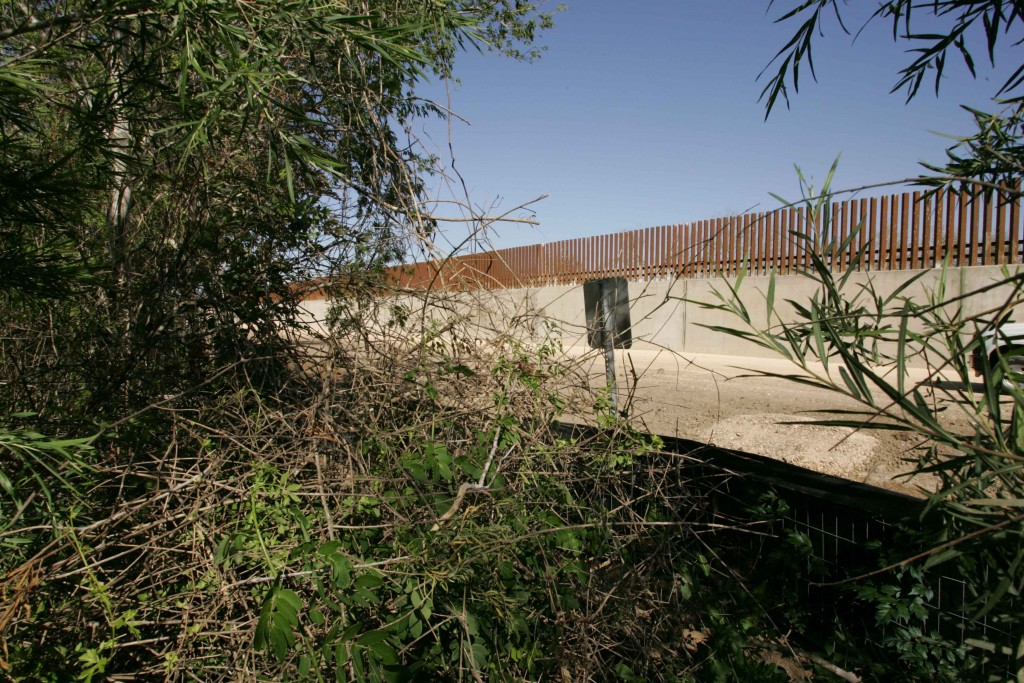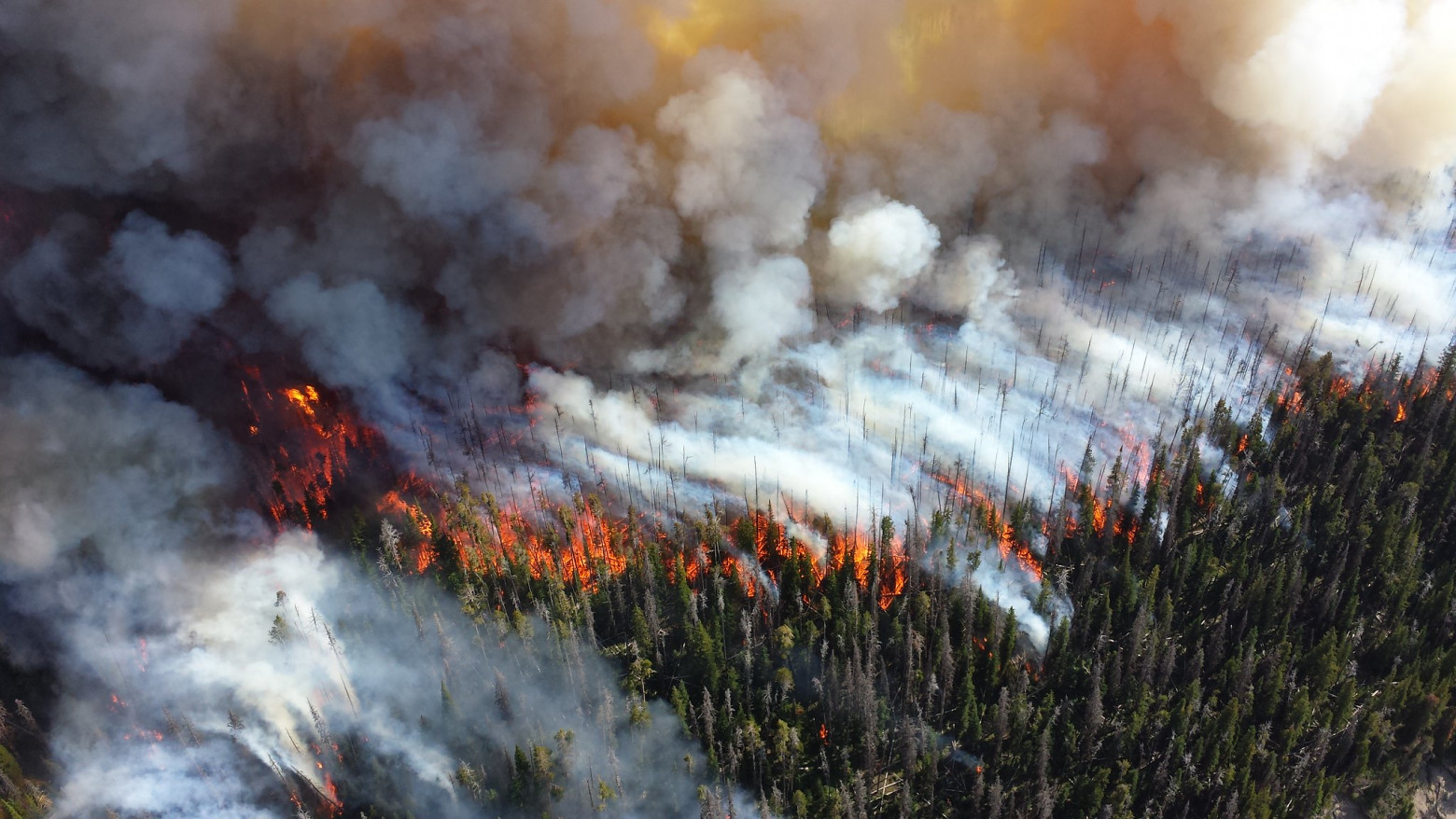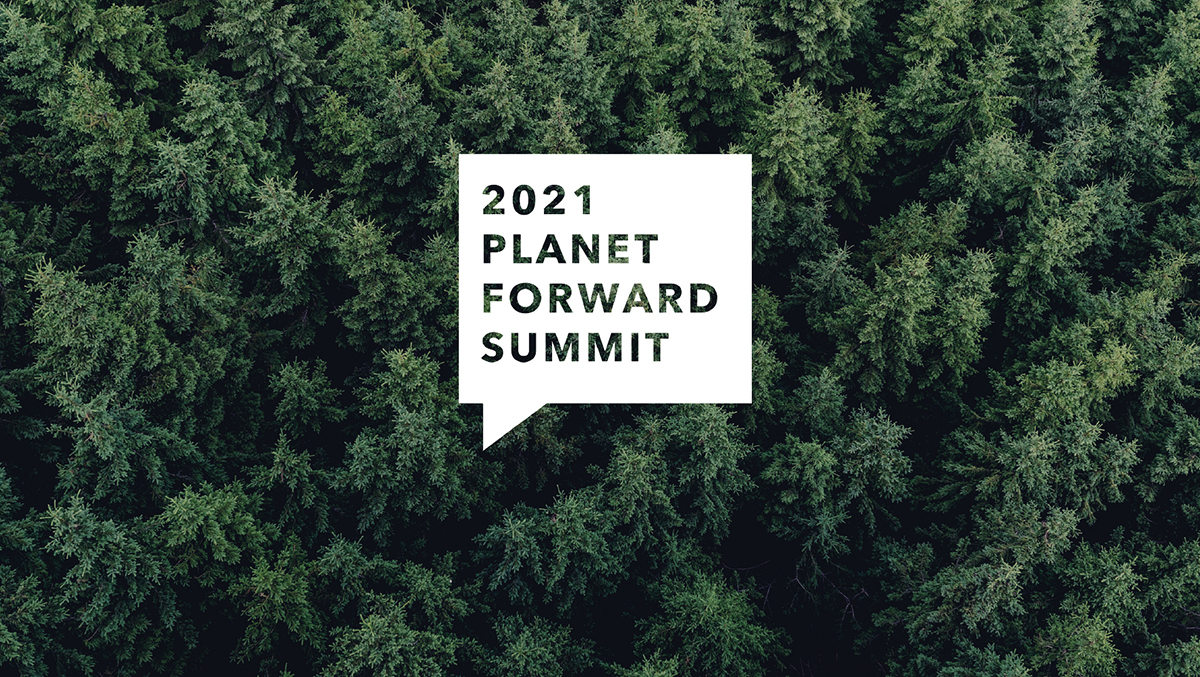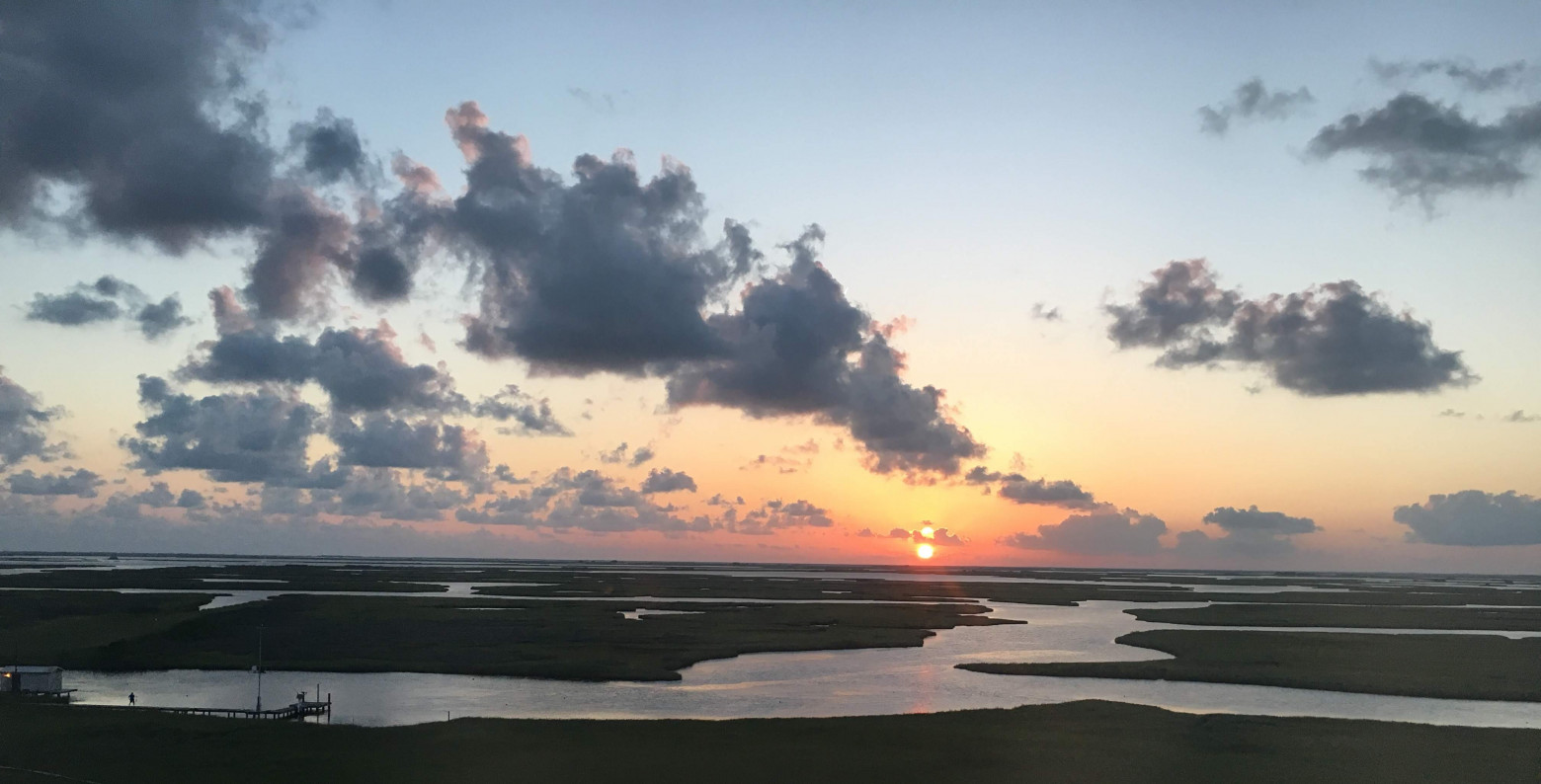
More Than Just People: Ecological impacts of a border wall

In the United States, some use immigrants as a scapegoat for a plethora of problems that society faces. John McCain, for example, blamed immigrants for setting off wildfires to send signals to each other. It would be easy to blame environmental degradation of the ecosystems along the Mexican-American border on immigrants crossing, but that is merely a symptom, not a cause, of the broken immigration system in the United States. This immigration system tends to place America first, and the environment last in an attempt to curb the influx of those who are deemed unacceptable or unworthy of joining American society.
And what is the cause of this broken immigration system, one might ask? Is it the physical barriers we put in place, and the cost of building those physical barriers? In order to have effective border patrol, the United States and Mexican governments erected infrastructure, including roads, fencing, and gates. To monitor the landscape, the government clear-cut the landscape, destroying habitats for more open land, turning lush areas like the Rio Grande into arid desert. Or is the cause of the broken immigration system contemporary border culture, where nations divide land amongst each other, and because of where people are born, we must live in it for the rest of our lives? To restrict free movement of peoples is to restrict the very nature of existence, to move, to evolve, and to adapt. Physical barriers restrict not only human fulfillment of natural processes, but nature’s own systems and processes as well.
These very real environmental problems around the Mexican-American border will only be exacerbated by the proposed border wall, an initiative that will only harm the United States politically and more importantly sign the death sentence for the ecosystems pushed to the brink of their ability to function. A potential border wall will only hinder species’ ability to migrate from location to location, and prevent plants from adapting to climate change because of a physical barrier that limits future genetic diversity.
Perhaps it would be rash to assume that the President hasn’t considered the environmental impacts of a border wall, but no one with clout has talked publicly about what they would do to encourage further environmental protections along the border wall. Perhaps the wall could utilize underground tunnels to allow the migration of fauna to prevent their habitat from being spliced, but the implementation of that would run counter to the walls aim, to keep everything outside from coming in. Xenophobia runs counter to natural systems and environmental processes, which in and of itself do not put up physical borders. Where two ecosystems meet, they merge, creating a dynamic, intricate ecological community. In the human world, where two countries meet, there remains only strife and scars of territorial battles fought to declare who owns what.
Not only are the impacts of a border wall on species documented, there are impacts associated with the building process itself. These impacts include the influx of construction equipment into previously untouched land hundreds of people flooding into low density, rural areas, requiring temporary (or permanent) homes in places that don’t necessarily have the resources to provide for a larger population. Shortsighted human development that lacks consideration for natural processes and biodiversity is the root cause of this problem. Development displaces or eradicates local residents, human and non-human, and development of the wall will prove to be particularly frivolous. It’s development for development’s sake, and a continuation of the problem that encourages a portion of the United States to think ignoring the needs of ecosystems is acceptable and normal behavior of its government.



















